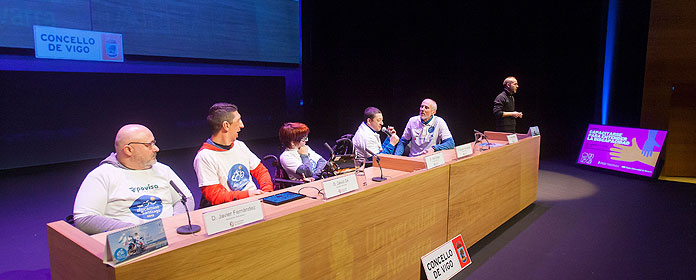- Programs of study
- Admission and Grants
- Research
-
Schools
-
Centers, Institutes, Departments and Chairs
-
Architecture
-
Science
-
Communication
-
Law
-
Canon Law
-
Philosophy Ecclesiastics
-
Economics and Business
-
Education and Psychology
-
Nursing
-
Pharmacy and Nutrition
-
Philosophy and Letters
-
IESE Business School
-
ISEM Fashion Business School
-
ISSA School of Applied Management
-
Medicine
-
Tecnun. School of Engineering
-
Theology
- Get to know the university
- University life
- News and events
-
Visualización del menú

